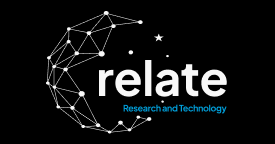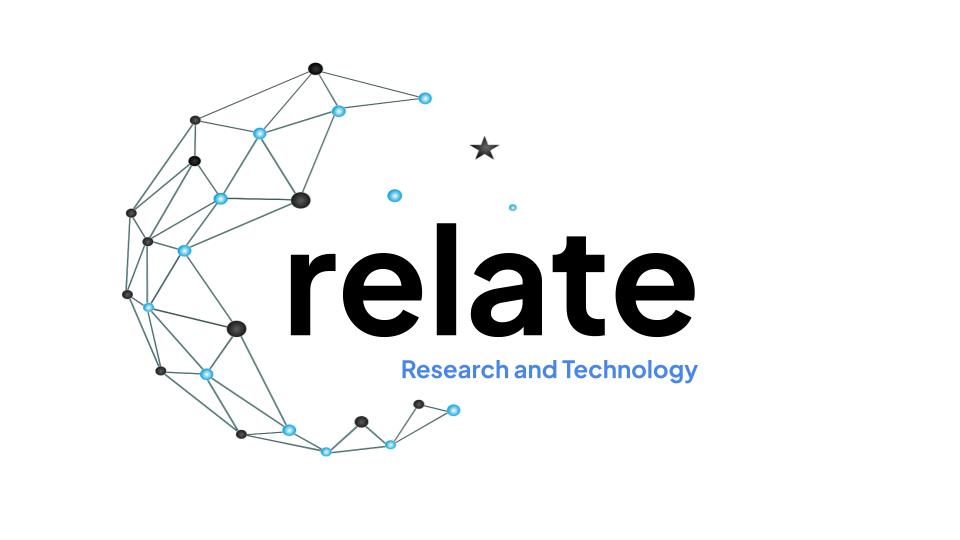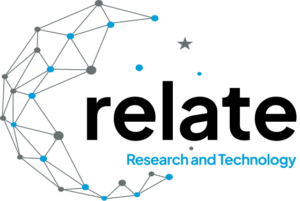Have you ever thought about what is the real cost of training? How effective that training is and how long the teachings are retained? How many times have you read a CRM entry or heard from your new sales rep about a ‘great meeting’ they just had. Then to read or hear a summary of it rather than what they learned about your client by asking the questions you expect them to ask? Would you view the time you spend chaperoning new sales reps as a good use of your time? You are right to have doubts as none of the above is working across the salesforce.
Trust is the most important part of a business relationship. According to LinkedIn, 88% of business buyers ultimately buy from a sales representative they regard as a ‘trusted advisor’. However, business buyers view salespeople overall as not trustworthy and only a small percentage of the salesforce exceed their quota. The salesforce is falling well short of reaching the threshold of a ‘trusted advisor’ resulting in perennial underperformance verse revenue targets with as little as 20% of the salesforce exceeding expectations. This is the trust-deficit, poorly measured with the reason often falsely promoted as the ‘art of sales.’
Sales is a process consisting of a sales pipeline across 6-7 stages from lead generation through to retention. When it comes to measuring trust, Relate’s Generative AI analyst (Sandi) measures 28 human traits for the factors used in Maister and Green’s equation for trustworthiness, from The Trusted Advisor. Sales is hardly an art and sales managers know this, training your salesforce to excel.
In the US alone, companies spend over $70bn a year on sales training with knowledge retention running at <90 days for up to 90% of trainees. This problem is well known and the recommended solutions include more training, more practice and easier access to sales resources. More cost, more unproductive time and a rinse repeat of methods that are not working rather than solutions that address the core problem – the trust deficit. Over 75% of executives say that the trust-deficit is getting worse since the pandemic in the age of customer obsession where client-centric meetings and access to expertise are more highly valued than ‘pitches’ and ‘presentations’.
How do we address the trust deficit? In the age of customer obsession, trust is built effectively by meeting frequently around the business buyers’ agenda, building rapport, measuring that effort to a higher standard and responding to their feedback. Consider the impact on training if you had the right technology to support your client facing teams in every meeting, measuring what really matters – trust. Sales training becomes product/service education carried out by your internal staff, the need to chaperone trends toward zero and retention remains extremely high as the knowledge is hard coded into the tech that you use on a daily basis. We estimate an 80% reduction in direct sales training costs in the US alone and a further $10bn+ in productivity gains for sales managers by removing the need for chaperoning. This is just on the cost side before you take into account the benefits from closing the trust-deficit.
The return from investing in trust-metrics is essential just to stand still with substantial gains to be made relative to those who do not. Those thriving in the age of customer obsession and closing the trust-gap are enjoying 6x the profitability growth of those who continue to push content to their business buyers. Using our Relate platform enables you and your firm to deliver on customer obsession and measure how effectively your representatives are at building and maintaining trust. Schedule a demo with our team today to learn more about Relate and the Relate Trust Index, powered by Sandi.




